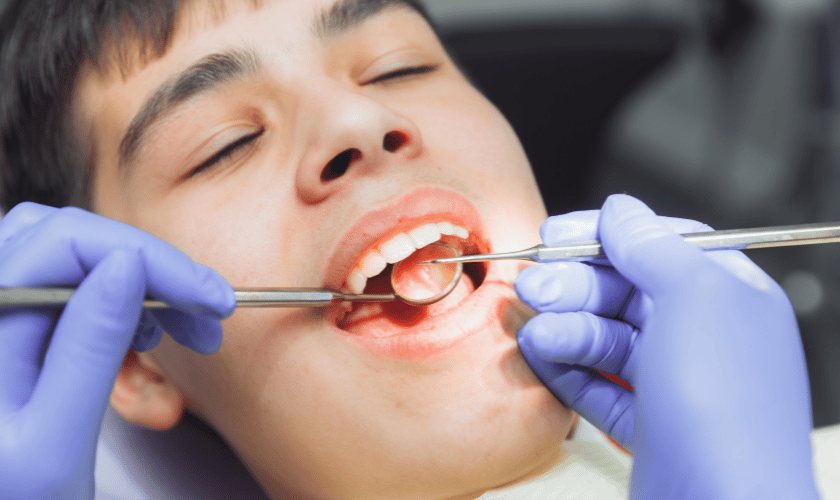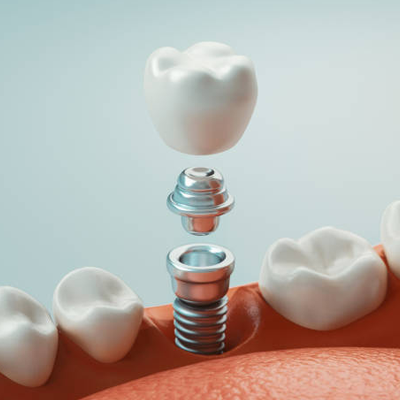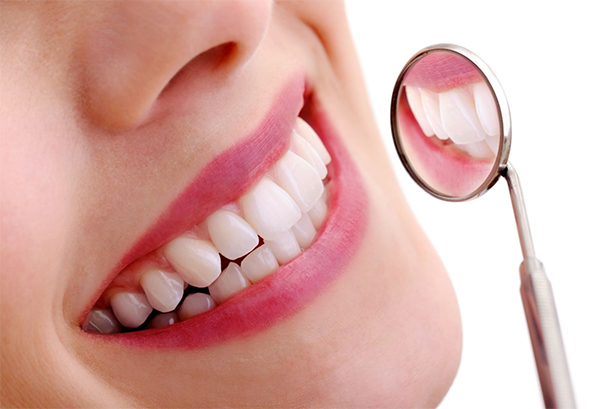
Preventing Future Problems: The Role of Pediatric Dentistry in Long-Term Oral Health
As parents, we all want our children to have healthy and beautiful smiles. But did you know that pediatric dentistry plays a crucial role in ensuring long-term oral health? From preventing cavities to guiding proper dental development, pediatric dentists are experts in caring for the unique needs of young patients. In this blog post, we’ll explore the important role of pediatric dentistry in preventing future problems and setting your child up for a lifetime of happy smiles!
Pediatric Dentistry
Pediatric dentistry is a branch of dentistry that deals with the oral health of infants, children, and adolescents. The American Academy of Pediatric Dentistry (AAPD) recommends that children see a pediatric dentist when they turn one year old.
Pediatric dentists are specially trained to care for the unique needs of young patients. They are also skilled in behavior management, so they can make your child’s dental visit a positive experience.
Regular dental checkups are essential for preventing future problems. During these visits, your pediatric dentist will:
Benefits of Early Intervention
According to the American Dental Association, Pediatric dentistry is the dental specialty that focuses on the oral health of children from birth through adolescence. This includes the prevention, diagnosis, and treatment of a wide variety of conditions and diseases that affect the teeth, gums, and oral tissues.
The American Academy of Pediatric Dentistry recommends that every child have an oral health assessment by a pediatric dentist by their first birthday. Early intervention by a pediatric dentist can prevent many serious dental problems from developing. It can also save parents money in the long run by avoiding more costly treatments down the road.
Some of the benefits of early intervention by a pediatric dentist include:
– Prevention of cavities and other dental problems
– Early detection of oral health problems
– Development of good oral hygiene habits
– Establishment of a “dental home” for your child
The Role of Pediatric Dentists
The Role of Pediatric Dentists in Long-Term Oral Health
While most people are aware that they should see a dentist for regular checkups and cleanings, many do not realize the importance of pediatric dentistry in preventing future oral health problems. Just as you would take your child to see a pediatrician for regular well-visits, it is also important to see a pediatric dentist starting at around age one.
Pediatric dentists are specially trained to care for the unique needs of children’s teeth, gums, and mouths. They are able to provide preventive care and early detection and treatment of dental problems. This is important because dental problems that are left untreated can lead to more serious issues down the road, such as tooth decay, gum disease, and even mouth infections.
Regularly seeing a pediatric dentist can help ensure your child’s teeth are healthy and strong. It can also help prevent costly dental problems in the future. So if you have not already done so, be sure to schedule an appointment with a pediatric dentist for your child today.
What To Expect
As your child’s teeth come in, it’s time to start thinking about their oral health. A lifetime of good oral health begins with healthy habits and regular visits to the dentist.
The American Academy of Pediatric Dentistry (AAPD) recommends that children see a dentist by their first birthday. At this visit, the dentist will check for any problems with your child’s teeth and gums. They will also help you get started on a good oral care routine at home.
Regular dental checkups are important for children of all ages. The dentist will clean your child’s teeth and look for any signs of tooth decay or other problems. They will also give you tips on how to care for your child’s teeth at home.
If you have any questions or concerns about your child’s oral health, don’t hesitate to ask the dentist. They can help you understand what to expect as your child grows and develops their own set of teeth.
Common Oral Health Problems in Children
There are a number of common oral health problems that can affect children. These include cavities, gum disease, and teeth grinding.
Cavities are one of the most common oral health problems in children. They occur when the tooth enamel is weakened and bacteria are able to enter the tooth and cause decay. Cavities can be prevented by ensuring that children brush their teeth twice a day with fluoride toothpaste and eat a balanced diet.
Gum disease is another common oral health problem in children. It occurs when the gums become inflamed and irritated. Gum disease can be prevented by brushing the teeth twice a day and flossing daily.
Teeth grinding is another common oral health problem in children. It occurs when the teeth are clenched or ground together. Teeth grinding can be prevented by having your child wear a mouthguard at night.
Diagnostic Procedures and Treatments for Kids
There are a variety of diagnostic procedures and treatments available for kids when it comes to their oral health. Pediatric dentists are specially trained to identify and treat problems in children’s mouths, and they can provide the necessary care to keep your child’s smile healthy and bright.
Some common diagnostic procedures used by pediatric dentists include dental x-rays, which can help to identify problems such as cavities; dental exams, which allow the dentist to check for signs of decay or other issues; and teeth cleanings, which remove plaque and tartar from the teeth. If your child does have a problem with their teeth or gums, the pediatric dentist will develop a treatment plan that is tailored specifically for your child.
Treatment options will vary depending on the specific problem that is being treated, but some common treatments used by pediatric dentists include fillings (to treat cavities), sealants (to protect against future cavities), extractions (to remove damaged or decayed teeth), and braces (to correct alignment issues). In most cases, pediatric dentists will use minimally invasive techniques whenever possible in order to minimize discomfort for your child.
It’s important to take your child to see a pediatric dentist regularly so that any problems can be caught early and treated effectively. By taking good care of your child’s oral health now, you can help prevent more serious problems down the road.
Learning Healthy Habits: Strategies for Long-Term Success
It’s always early enough to start learning healthy habits! Here are some strategies for long-term success:
1. Schedule regular dental check-ups. This will help ensure that any problems are caught early and can be treated accordingly.
2. Brush and floss regularly. This will help remove plaque and bacteria from your teeth and gums, preventing cavities and gum disease.
3. Eat a balanced diet. A healthy diet is important for overall health, including oral health. Avoid sugary snacks and drinks, which can contribute to cavities.
4. Don’t smoke or use tobacco products. Smoking is one of the leading causes of gum disease.
5. Wear protective gear when participating in sports or other activities where there is a risk of injury to the mouth or teeth. A mouthguard can help protect your teeth from damage.
By following these simple tips, you can help keep your mouth healthy for years!
Conclusion
Overall, pediatric dentistry plays a huge role in long-term oral health. By establishing healthy habits early with regular check-ups and preventive care, children can avoid many of the problems adults face when it comes to their dental health. It is important for parents to be aware of these issues and make sure they are making informed decisions about their child’s oral hygiene that will benefit them in the future. With proper education and support from parents and professionals alike, we can help ensure our children have happy smiles for years to come!
During a pediatric dental visit, the dentist will examine your child’s teeth, gums, and mouth to check for any signs of problems. They will also clean your child’s teeth and provide instructions on how to properly care for their teeth and gums at home.
You can help prevent dental problems in your child by encouraging them to brush their teeth twice a day with fluoride toothpaste, floss daily, eat a healthy diet low in sugar, and see a pediatric dentist regularly for checkups and cleanings.
The American Academy of Pediatric Dentistry recommends that children see a pediatric dentist by their first birthday or within six months after their first tooth erupts.








